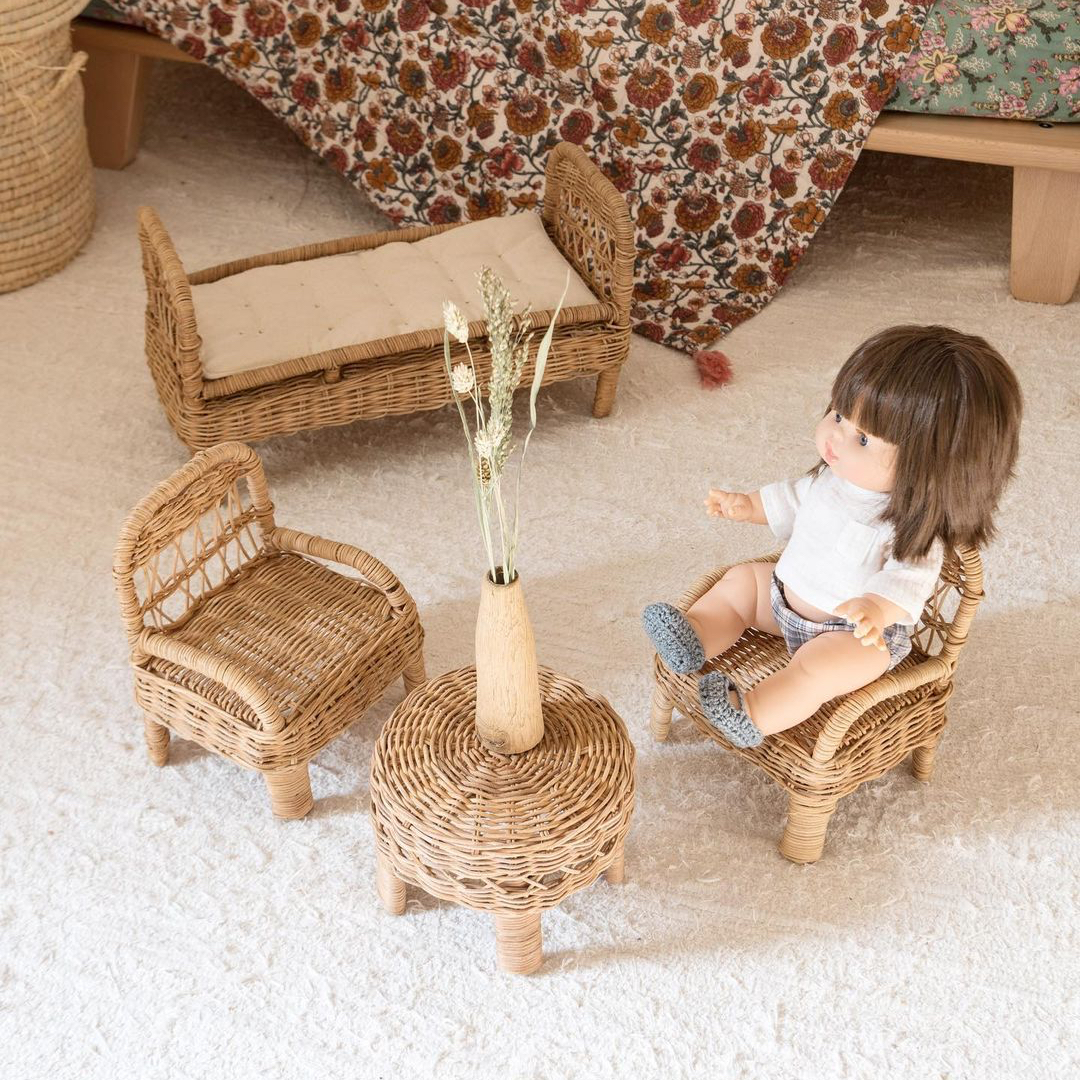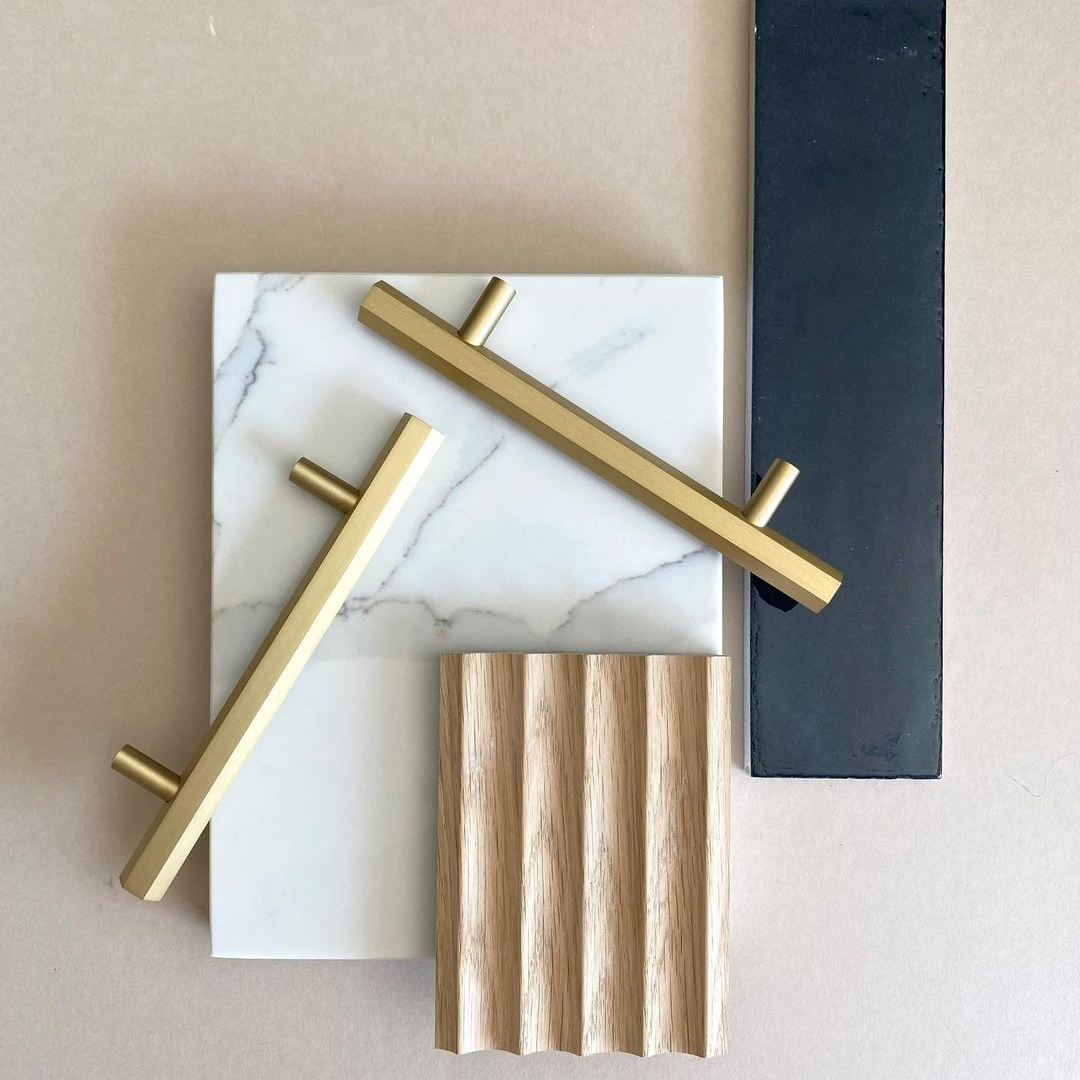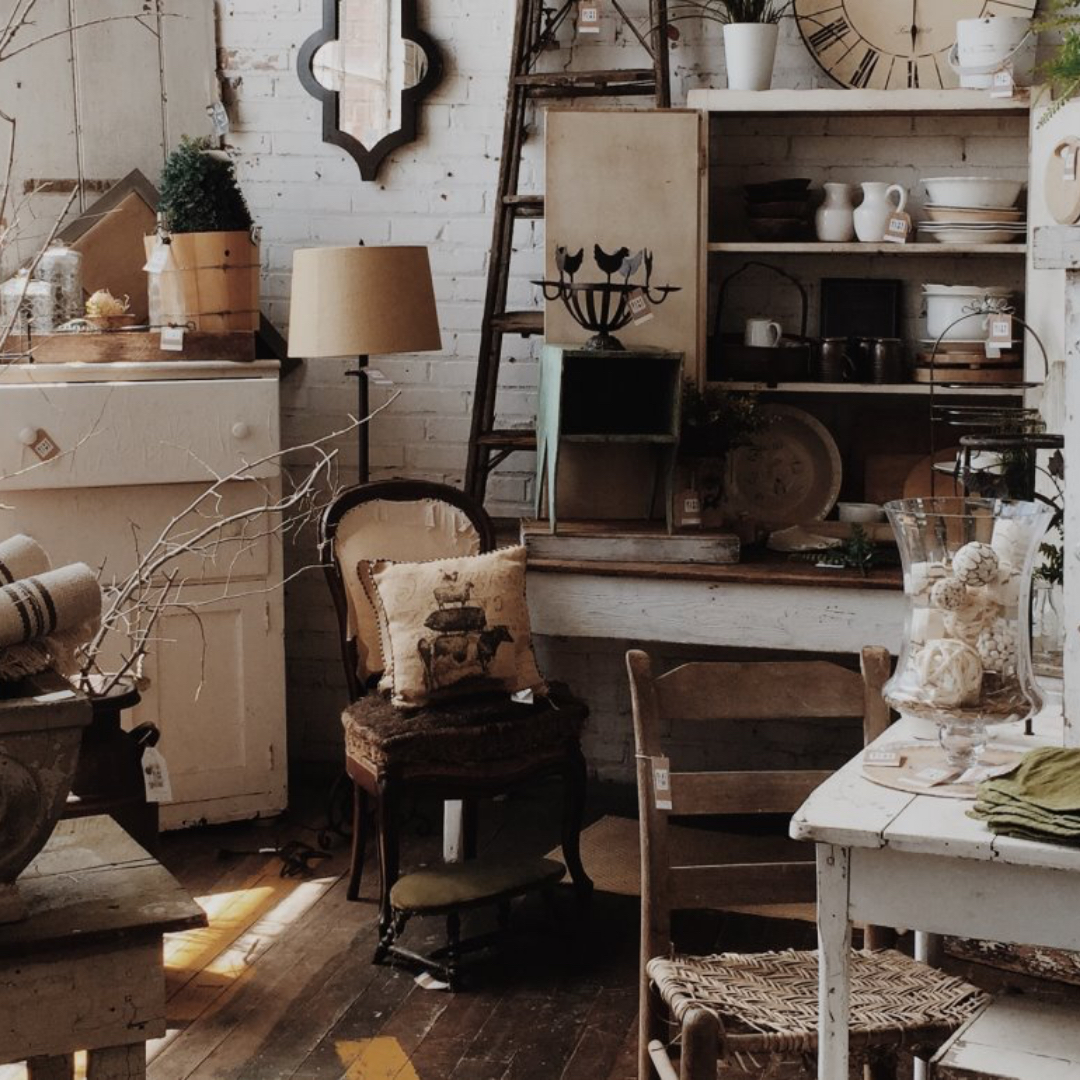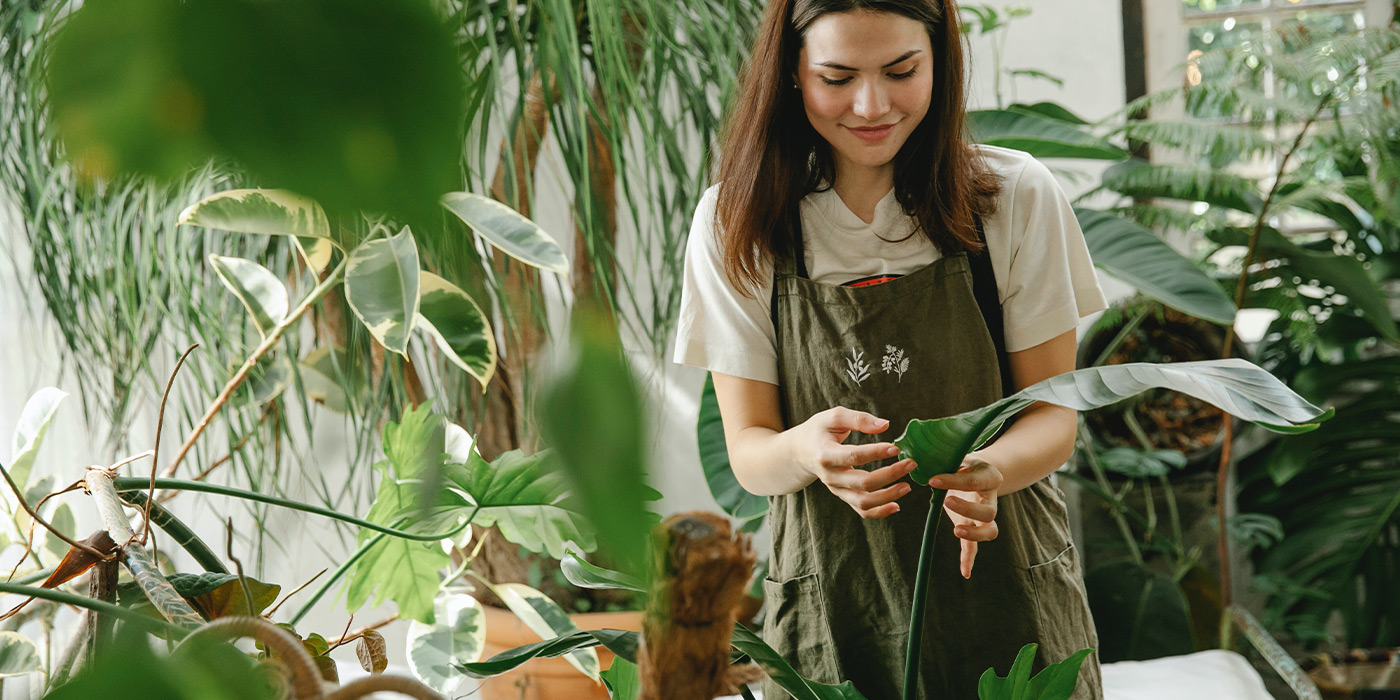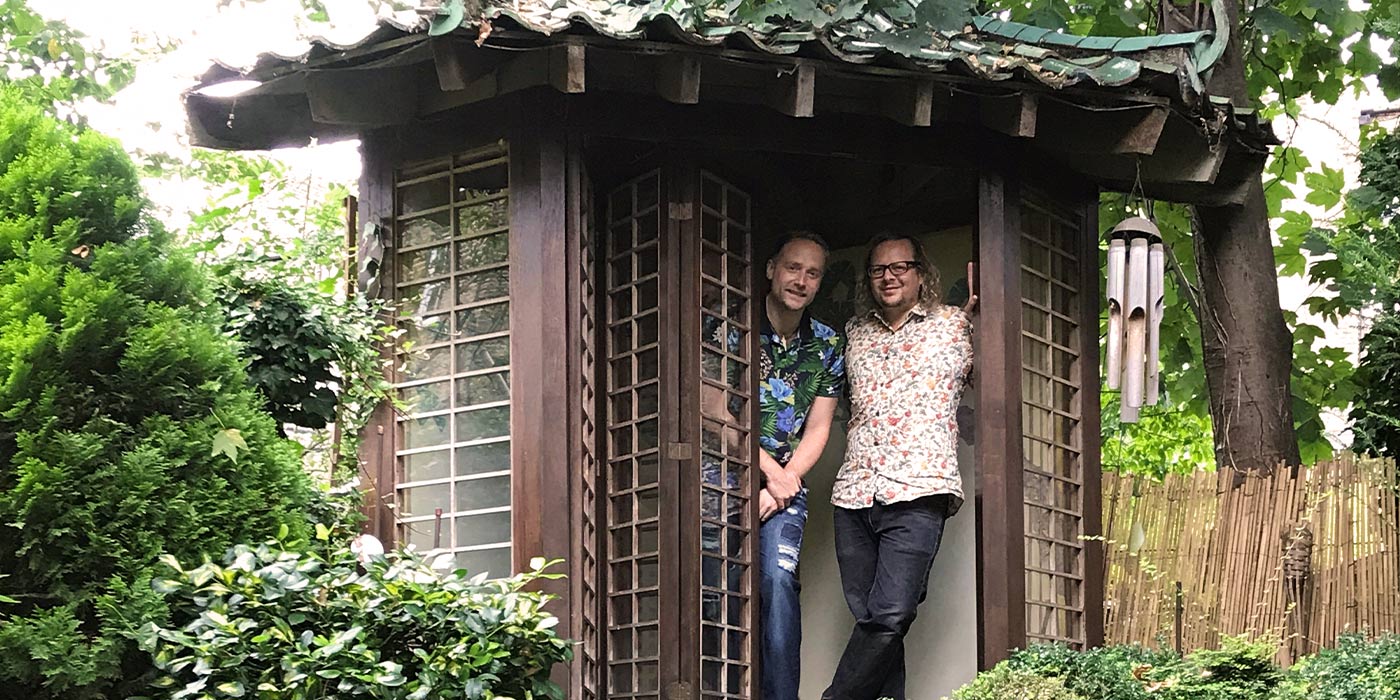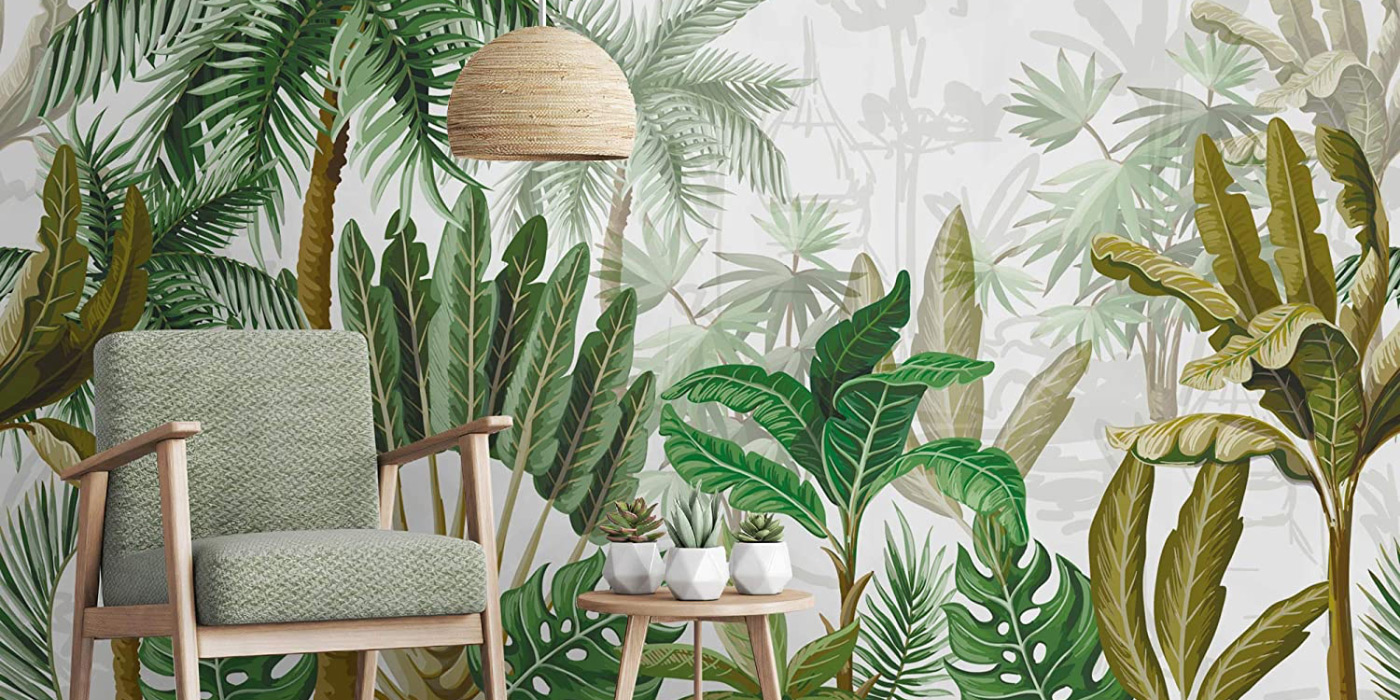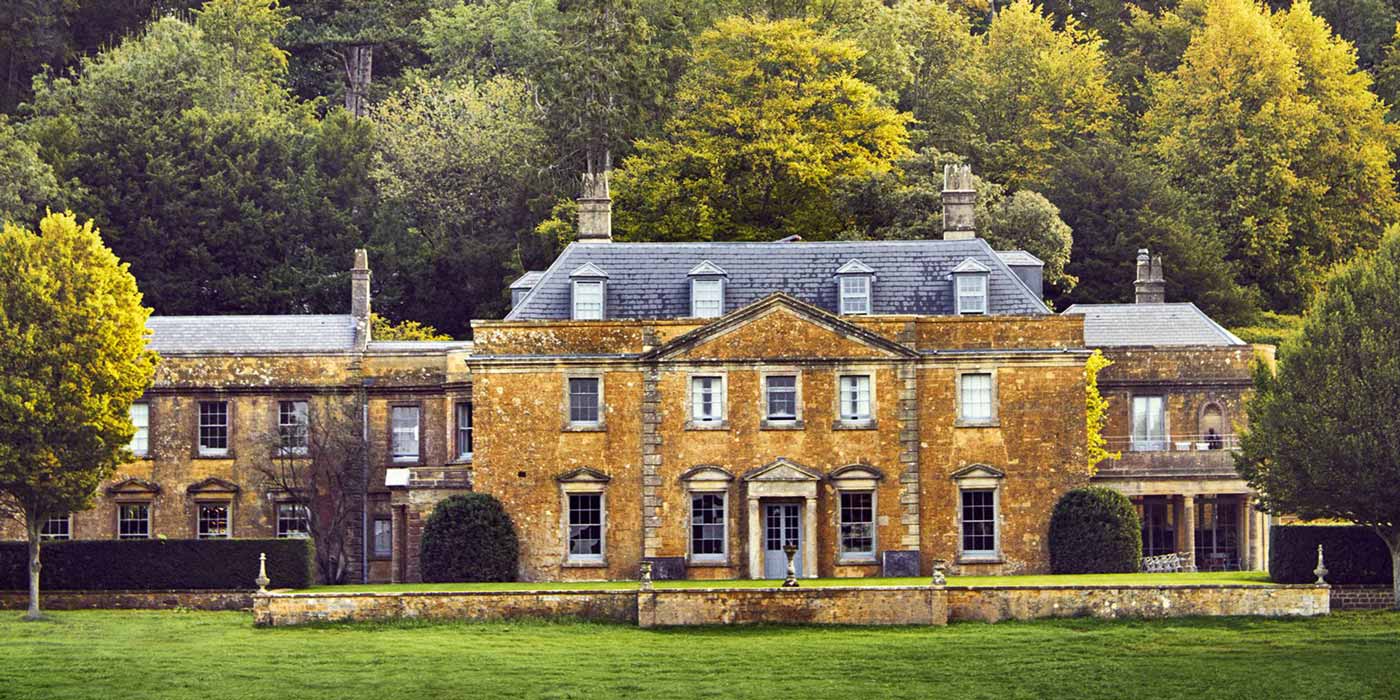Urban Gardening in London: the Future is Green
I had serious career envy when my friend took up the role of garden designer for the City of London. What could be more wonderful than shopping for flora and fauna for some of the City’s iconic locations?
I soon learnt that it’s not easy gardening without soil. Ever tried planting a mature specimen tree above a car park, where there are two storeys between the tree and the ground, not to mention pollution and people? So I have a newfound appreciation of anything green that survives and flourishes in an urban environment, because I know both plant and ‘plantee’ will have worked very hard to achieve that.
Infrastructure can sometimes dominate nature, if you pave paradise and put up too many parking lots, you need nature to provide a balance. The High Line in New York led the way in demonstrating how nature can completely transform an environment. It was hard to believe that redundant infrastructure could become a place of living beauty, a place for contemplation, for butterfly watching and for 365-day interest as seed pods developed during the Autumn became statues like in the frost and snow.
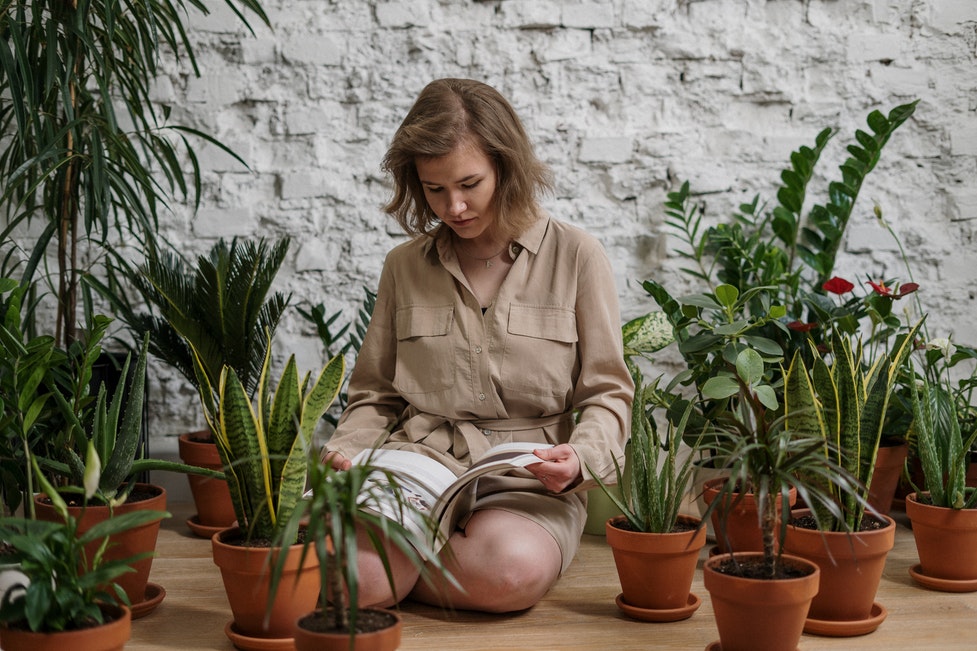
Connecting people to nature
Meanwhile in London, The Botanical Boys, Ben and Darren, are serious about ‘connecting people to nature’ whether they have soil or not.
Their journey began in 2009 when they moved into a garden flat in East London. With no prior gardening experience, they renovated a Japanese and Italian water garden from its overgrown past, insatiably reading about plants, propagation and pruning, with such success that they were invited to open their garden to the public under the National Garden Scheme – which they did to raise money for the Macmillan Cancer Support charity via an entrance fee.
Inspired by what they had achieved with their garden and their understanding of gardening with space constraints, their stroke of genius was to make use of a process and vessel first developed in1842 by botanist Nathaniel Bagshaw Ward, ‘the terrarium,’ which allows spores to germinate into a plant in an open or sealed vessel.
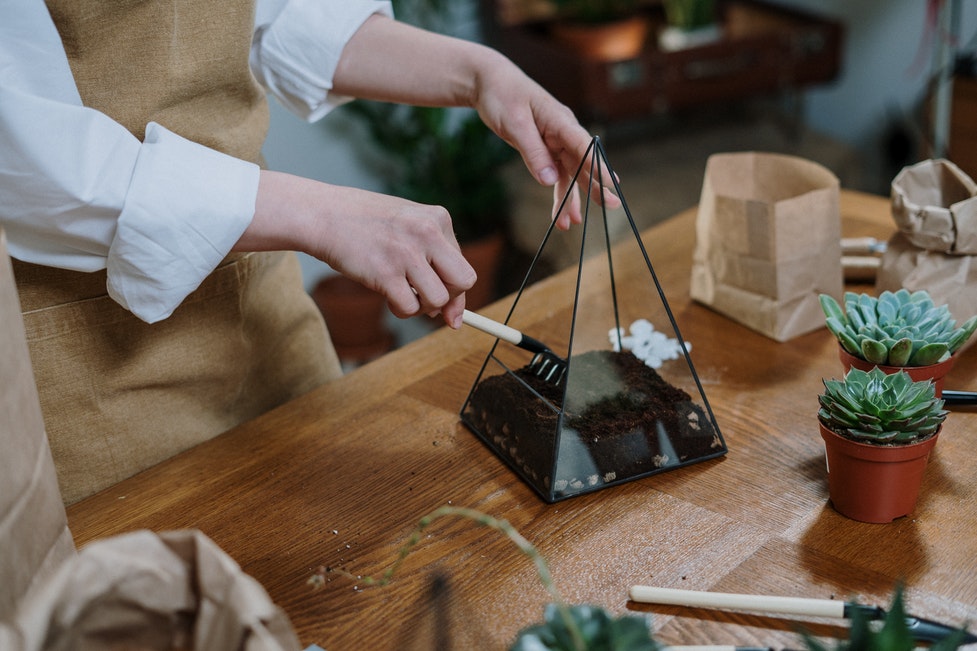
Gardening in a fishbowl
Ben and Darren had found a way of gardening in a fishbowl and breadth of plant species that could flourish. As friends and garden visitors hankered after their own terrariums, it became apparent that they should formally ‘propagate’ this idea into a business, and thus The Botanical Boys were born.
Having been accustomed to strangers in their garden it was not such a big step to invite people into their home for botanical workshops. However, unlike the control they could exercise inside a terrarium the demand was harder to handle, and so in 2019, their first shop opened in Coal Drops Yard allowing them to expand on their botanical offerings, host regular workshops and showcase a growing range of traditionally-made products created by small communities in Africa.
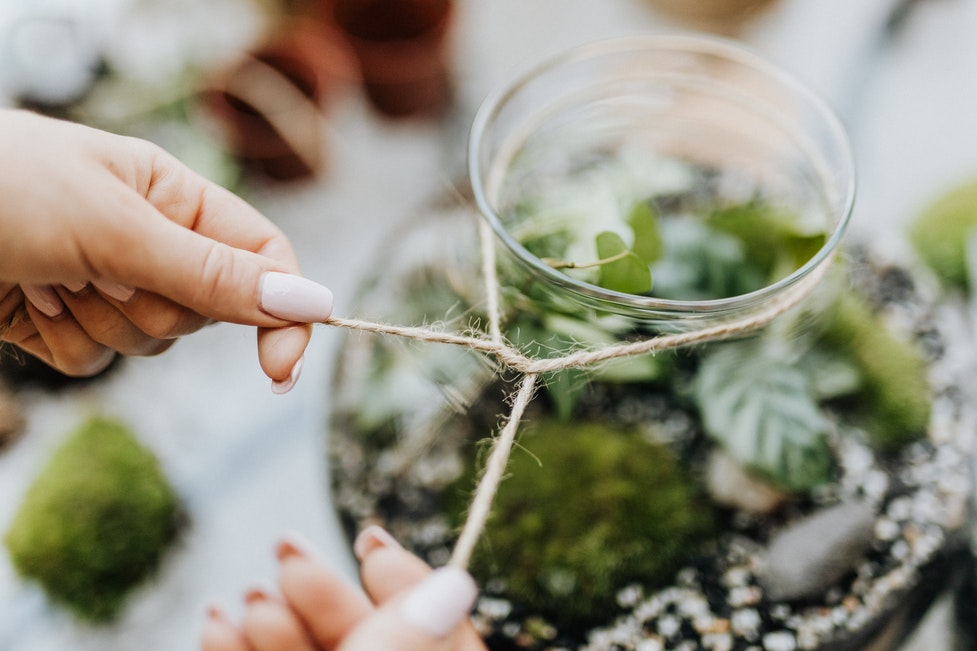
Overwhelmingly the message in a fishbowl is all about connection to the natural world. Slowing down, nurturing and observing nature has such a positive impact on our wellbeing, and if I can grow something in a sealed glass vessel then imagine what else you could do!
